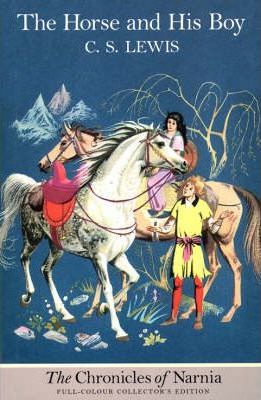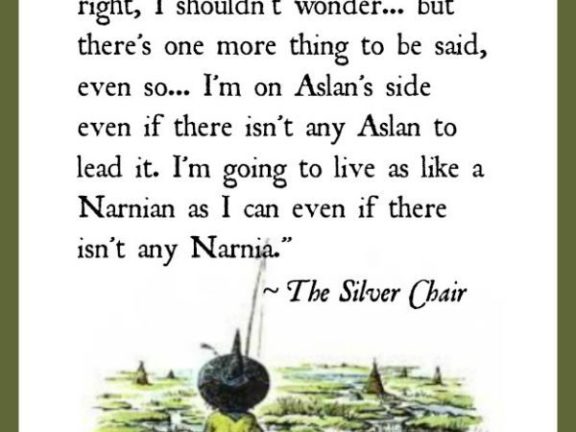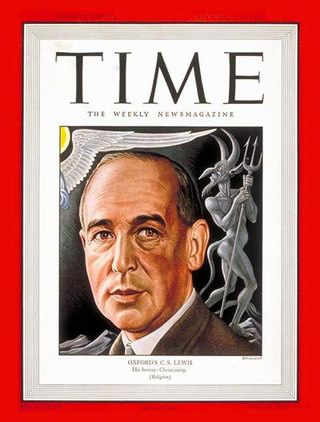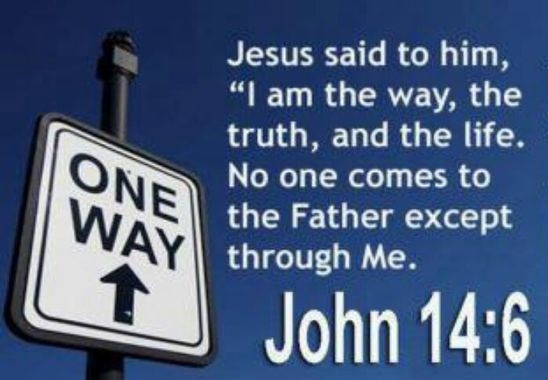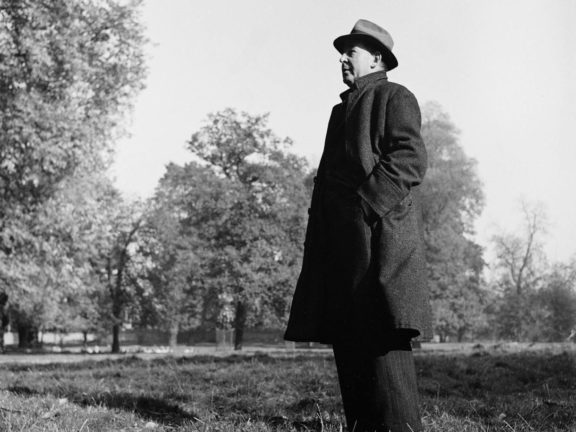“I Was the Lion”
In my ongoing preparation for teaching C. S. Lewis’s Chronicles of Narnia at my church, I’ve now completed five of the seven books, the latest being The Horse and His Boy. This book is unique as being the only one where no one from our world enters Narnia; rather, it focuses on two young people, Shasta and Aravis. The former is a slave seeking the freedom he heard exists in the land of Narnia; the second is a girl fleeing… Read more »

